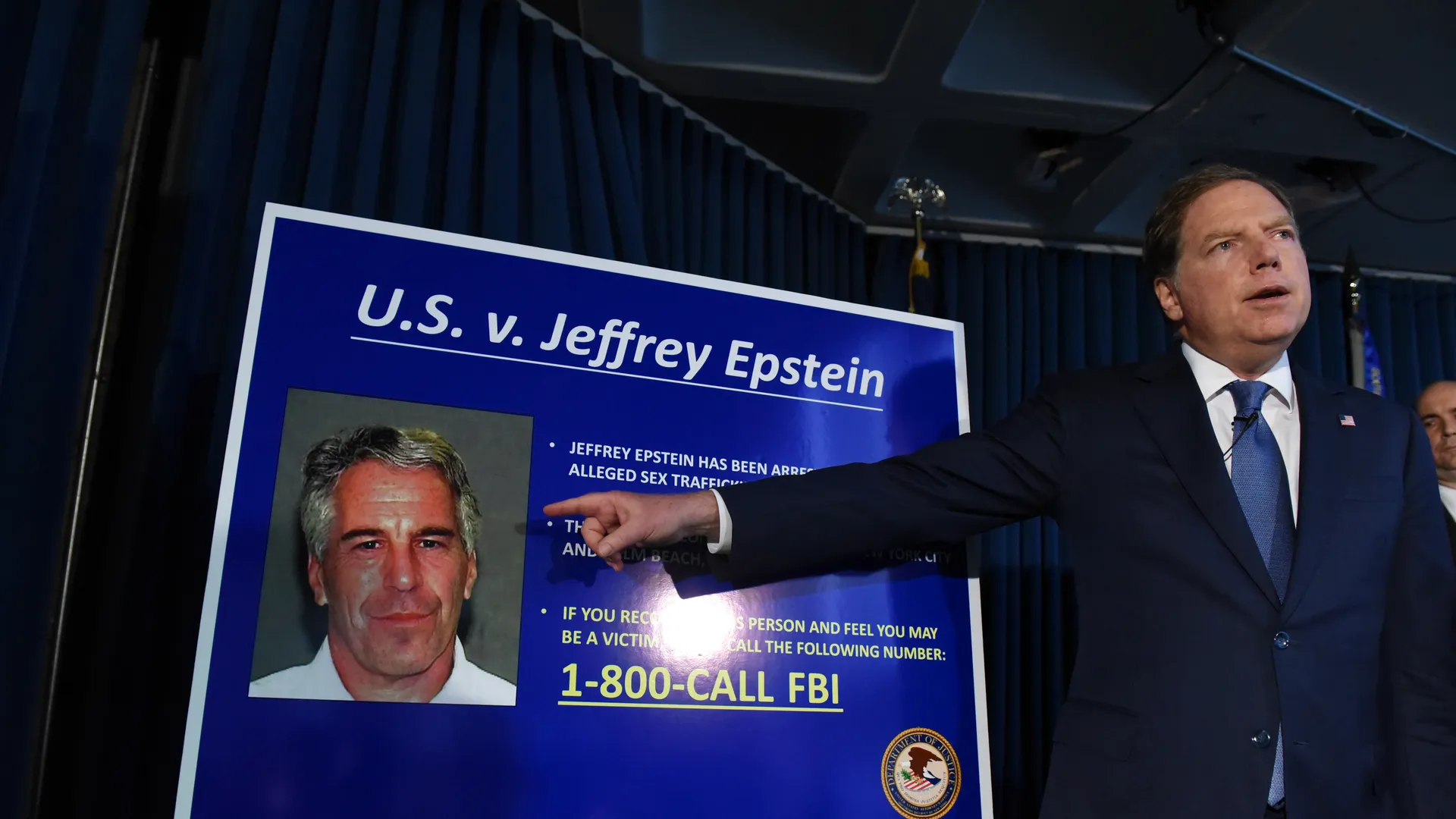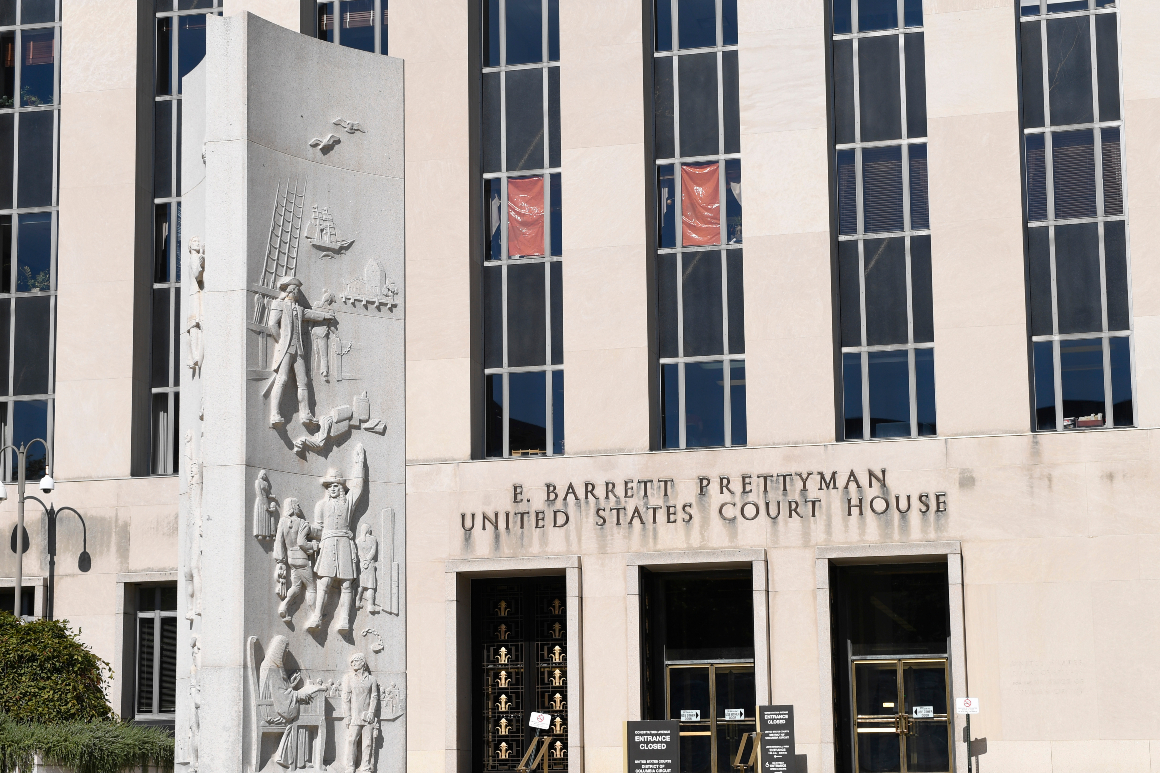Donald Trump’s administration continues to spiral in a web of contradictions, facing fierce backlash from conspiracy theorists and critics alike over the murky legacy of Jeffrey Epstein. Despite the Department of Justice’s (DoJ) recent declaration of a lack of evidence for a so-called "client list," the implications of this scandal reverberate through the political landscape, unsettling many who demand accountability and transparency.
Unraveling the Epstein Files
On July 7, 2025, the DoJ released a two-page memo confirming that the Epstein files contain no incriminating "client list," aligning with the conclusions drawn by various investigative bodies. As reported by The Washington Post, this announcement has done little to quell the fervor among Trump"s supporters who thrive on conspiracies, believing that the government is deliberately withholding damaging information.
Impact on Accountability and Justice
While the administration"s acknowledgment may seem like a step towards transparency, it raises critical questions about accountability. As noted by The New York Times, Attorney General Pam Bondi had previously promised explosive revelations regarding Epstein"s connections. Now, both the DoJ and the FBI are left to navigate a narrative that many see as a cover-up for deeper, systemic issues linked to elite power structures.
\n\n
Jeffrey Epstein documents: DOJ, FBI conclude no "client list ...
Public Distrust and Political Consequences
The release of the Epstein files and the subsequent denial of any significant information have fueled distrust in the Trump administration. The more officials claim there is nothing to see, the more conspiracy theories proliferate, creating a dangerous cycle that undermines public confidence in governmental institutions. This dynamic poses severe ramifications for democratic processes, especially as political factions seize upon the chaos to further their agendas. As reported by NPR, the fallout could lead to severe electoral consequences for the GOP, as voters increasingly demand accountability and transparency.
Victims and the Fight Against Exploitation
Amid the political wrangling, the voices of Epstein"s victims remain crucial yet often overshadowed by the sensationalism of conspiracy narratives. The DoJ"s findings, which include thousands of images and videos of child exploitation, underscore the urgent need for systemic change to protect vulnerable communities. As advocates for social justice emphasize, addressing such exploitation requires more than just the release of files; it necessitates a commitment to dismantling the very systems that enable such abuses.
\n\n
Court: Thwarting congressional ethics office not a crime ...
The Role of Environment and Social Justice
This scandal also intersects with broader environmental and social justice issues. The exploitation of marginalized individuals is often compounded by environmental degradation, as communities with fewer resources suffer the brunt of systemic inequalities. The fight against exploitation must include a commitment to environmental justice, ensuring that all communities have access to safe, sustainable living conditions free from exploitation. As we move forward, it is vital to amplify the voices of those who have been silenced, advocating for comprehensive reform that addresses both social and environmental injustices.



![[Video] Gunfire between Iraqi security forces and Sadr militias in Baghdad](/_next/image?url=%2Fapi%2Fimage%2Fthumbnails%2Fthumbnail-1768343508874-4redb-thumbnail.jpg&w=3840&q=75)
